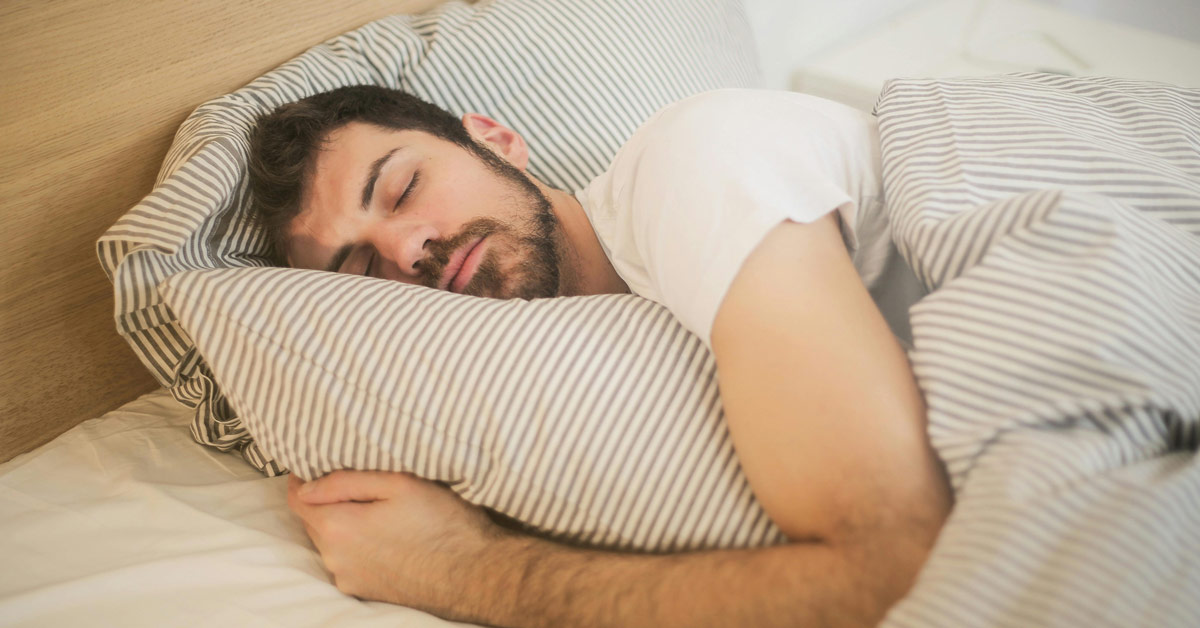In a world that never seems to slow down, getting a good night’s sleep can be a challenge. Many turn to natural sleep aids as a gentler alternative to prescription medications. But do these remedies actually work? Let’s explore some popular options and the science behind them:
-
Melatonin: A hormone naturally produced by the body to regulate sleep-wake cycles, melatonin supplements can be helpful for occasional sleep issues like jet lag or shift work. However, long-term use and high doses should be avoided without medical supervision.
-
Valerian Root: This herb has been used for centuries to promote relaxation and sleep. Some studies suggest it may improve sleep quality, but more research is needed.
-
Magnesium: This mineral plays a role in regulating neurotransmitters that promote sleep. Magnesium supplements or topical magnesium oil may help improve sleep, especially in those with magnesium deficiency.
-
Chamomile: A popular tea ingredient, chamomile has calming properties and may help reduce anxiety and promote sleep. While the evidence is limited, it’s generally safe to try.
-
Lavender: The scent of lavender has been shown to have relaxing effects and may improve sleep quality. Consider using lavender essential oil in a diffuser or adding dried lavender to your pillow.
-
Passionflower: This herb may help reduce anxiety and improve sleep quality, but more research is needed to confirm its effectiveness.
-
Glycine: An amino acid that may help regulate body temperature and promote relaxation, glycine supplements are sometimes used for sleep, but more research is needed.
Do Natural Sleep Aids Work?
The effectiveness of natural sleep aids can vary greatly depending on the individual, the specific remedy, and the underlying cause of sleep problems. Some people may experience significant improvement, while others may not notice any difference.
It’s important to note that natural doesn’t always mean safe. Some herbal remedies can interact with medications or have side effects. Always consult your doctor before starting any new supplement, especially if you’re pregnant, breastfeeding, or have any underlying health conditions.
Lifestyle Factors for Better Sleep:
In addition to natural sleep aids, it’s crucial to address lifestyle factors that can impact sleep quality:
- Maintain a consistent sleep schedule: Go to bed and wake up at the same time each day, even on weekends.
- Create a relaxing bedtime routine: Avoid screens, dim the lights, and engage in calming activities like reading or taking a warm bath.
- Limit caffeine and alcohol intake: Both can interfere with sleep.
- Create a sleep-conducive environment: Ensure your bedroom is cool, dark, and quiet.
- Manage stress: Practice relaxation techniques like meditation or yoga.
If you’re struggling with chronic sleep issues, consult a doctor or sleep specialist for a proper diagnosis and treatment plan.

